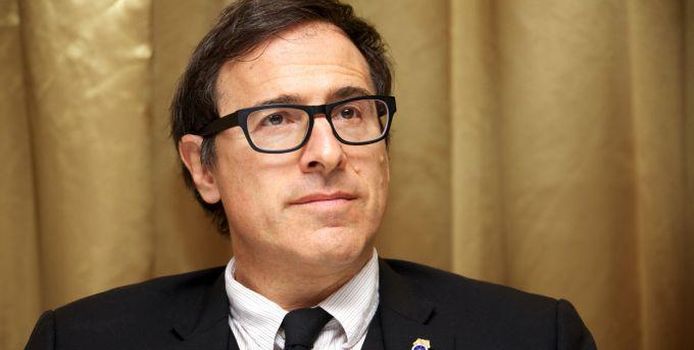mental illness
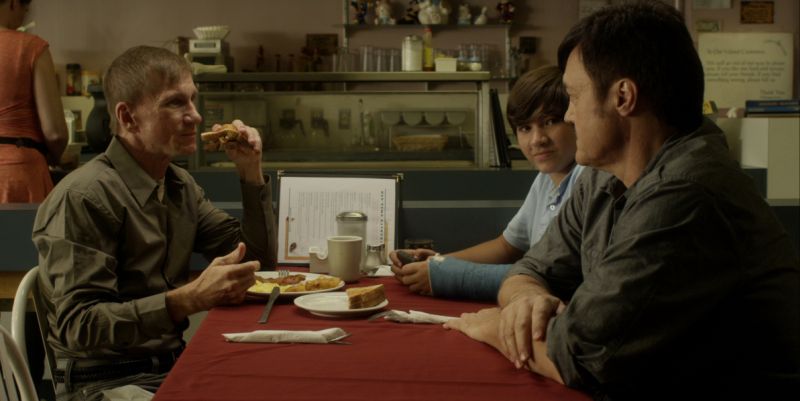
While many recent horror films have been heavily influenced by the works of prominent directors of the 1980s like David Lynch, John Carpenter and David Cronenberg (very good ones like The Guest and It Follows), this one addresses subject matter not even those films were willing to tackle. Richard Powell’s Heir is the next great homage to those great directors, and can proudly be a part of the recent resurgence in thoughtful horror films designed more to represent real world conflicts as opposed to cheap scares. The plot is simple at first:
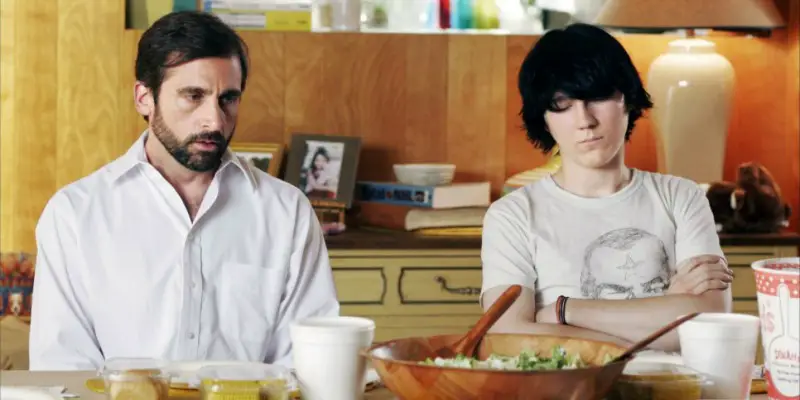
The subject of mental illness and disorders are interesting, educational, and sometimes sensitive topics in film. From watching movies like Girl, Interrupted, The Road Within and The Machinist, audiences learn a great deal about very real and problematic issues surrounding sufferers, however, can it be said that these representations are portrayed correctly? The film industry is guilty of depicting disorders such as hysteria as an illness that only women suffer from, and autism is far too often painted as a superpower, not to mention the unclear representation of schizophrenia, which causes audiences to confuse the illness with dissociative identity disorder.
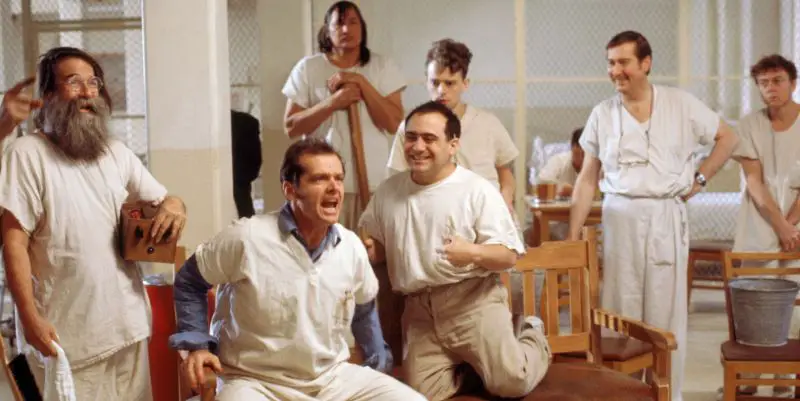
It’s been quite some time since my last volume of Words vs. Moving Pictures, in which I discussed Harper Lee’s To Kill A Mockingbird and compared it to the 1962 film. Since then, it has taken me a long time to try to find another book and subsequent movie adaptation that would be worthy of discussion.

From the minute of its inception I had high hopes for Legend. An earlier attempt at a biopic of the infamous Kray twins has largely been forgotten, starring as it did the brothers from Spandau Ballet. But this one, starring Tom Hardy as both Ronnie and Reggie, with a plethora of great British actors in supporting roles, looked promising.
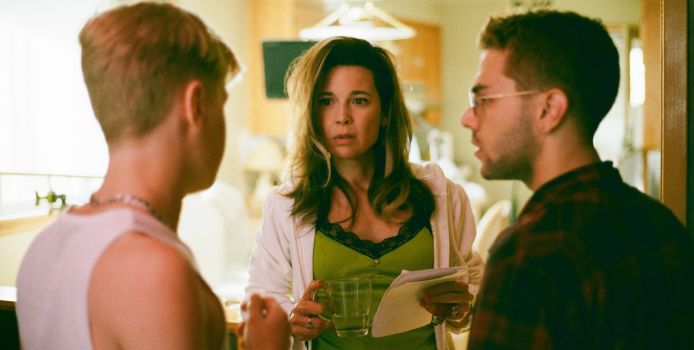
I was having a conversation recently with a friend who complained about how he gets annoyed when he sees child celebrities, as “they’ve already achieved more in life than I ever will and they are younger than me!” As a recent university graduate, without a firm footing into the grown-up world of work, I’m increasingly empathising with this statement, whilst also increasingly acknowledging how ridiculous it is. Why should I be bothered that people who are more talented than me are going places, just because they are younger?
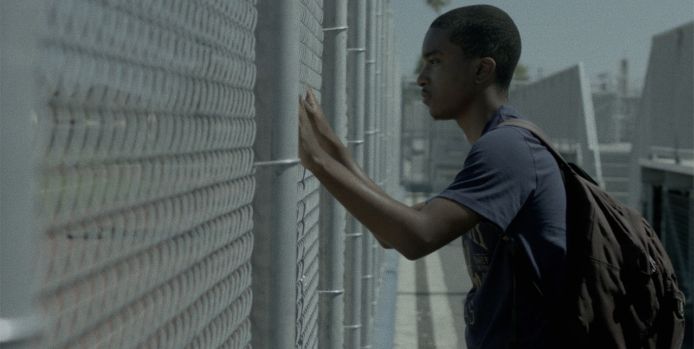
Terrance is a documentary short made by Joris Debeij and forms part of a series of films (I Am Los Angeles) that focus on the stories of people who live in Los Angeles. Terrance documents the life of the young black teenager, Terrance Thompson, his losses, and his resulting depression. All things going to plan, Terrance Thompson will have graduated high school by the time you read this review.

Asif Kapadia isn’t the documentary filmmaker of our times, but he is one of the most timely. In the digital age where all information is online, he manages to make movies comprised almost entirely of footage that can be found on YouTube and somehow turn them into major events in documentary cinema. Since his (ever so slightly overrated) 2011 effort Senna, his style as a documentarian has stubbornly refused to change, yet the way he manipulates archive footage to create something new and horrifying is unparalleled, even if it frequently favours emotional manipulation over creating a deeper look at the self-destructive life of subject Amy Winehouse.
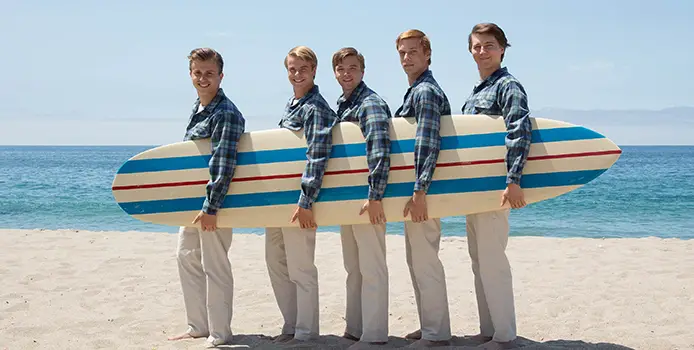
Ever since the glory days of silent cinema, Hollywood has been criticised of running out of ideas. This is why the biopic is the perfect genre for screenwriters and directors. A typical life doesn’t neatly fit into a simple three-act structure, but by highlighting an individual’s greatest successes, and framing them in a way that makes everything else inconsequential by comparison, you can turn something as uninteresting as somebody’s life into a thrilling drama.
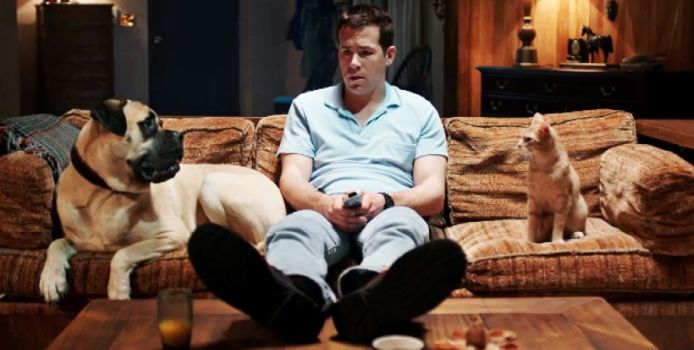
The Voices, the English language debut of French-Iranian director Marjane Satrapi, unarguably gives Ryan Reynolds the best acting role of his career. Sadly, his gleefully maniacal performance is the sole positive – and that is most likely due to the lack of interesting roles he’s been given throughout his career that make this performance stand out in comparison. The character he’s playing is badly devised and written, yet Reynolds somehow manages to make the character compelling.

I sat down to watch independent, experimental film How the Sky Will Melt by Matthew Wade the other night with my fiance. Other than bragging about my fiance, I’m including him in the article because he is so very not like me. His favourite movies are comedies, he laughs at fart jokes, and I’m not sure he’s ever seen a David Lynch movie.
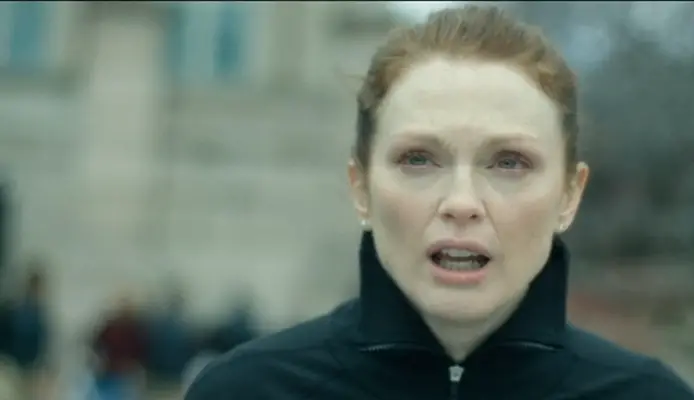
It’s often stated that January and February are the two worst cinematic months of the year, as all of the major new releases are more often than not the terrible movies major studios have just “dumped” there. Yet it could easily be argued that the months leading up to the end of the year (“awards season” or “prestige season”, if you prefer to forget that Hollywood backslapping ceremonies exist) are equally bad. They do usually provide the year’s best movies, yet they also provide the kinds of movies that have been made cynically to get awards.

Over the course of a film spanning a mere two days, the Dardenne Brothers have demonstrated the fundamental characteristics of life, with all of its virtues and vices unabridged. Money as the root of all evil Two Days, One Night depicts the debacle of a Belgian woman named Sandra, who, after taking sick leave to battle depression, is laid off from her job; a decision voted on by her coworkers, who were forced to choose between her and their year-end bonuses. Through an altercation between the foreman, however, who intimidated a majority of the workers to vote against her, Sandra is given a second chance, which would be a re-vote on the following Monday.



